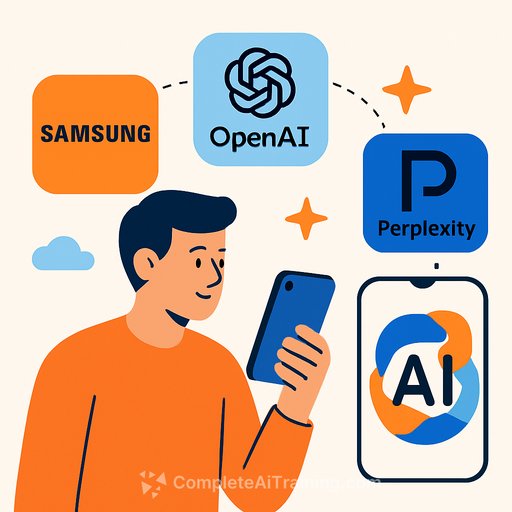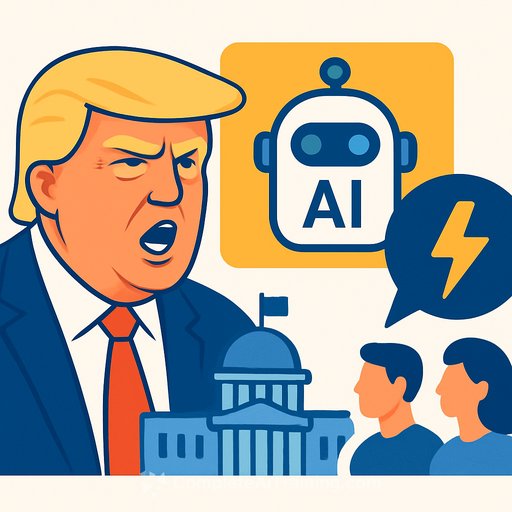Samsung's New AI Integration Strategy
Samsung Electronics, the largest smartphone manufacturer globally, is shifting its approach to AI integration in its Galaxy devices. Moving beyond its current dependence on Google’s Gemini AI, Samsung is exploring partnerships with competitors like OpenAI and Perplexity AI. This strategy aims to embed different AI technologies directly into upcoming devices, changing how users engage with AI on mobile platforms.
Samsung plans to offer a wider variety of AI agents, responding to user demand for more personalized and flexible tools. This shift follows the launch of Galaxy AI with the S24 series, which relied heavily on Google’s AI solutions. By integrating rival AI models, Samsung hopes to enhance features such as real-time translation, content summarization, and generative tasks, enriching its ecosystem with diverse capabilities.
Expanding AI Partnerships Amid Market Pressures
Samsung’s mobile division president, Choi Won-joon, recently confirmed intentions to incorporate services from Perplexity and OpenAI’s ChatGPT in future devices. This could debut with the Galaxy S26, allowing users to switch seamlessly between AI agents for tasks like web searches and content creation without being tied to a single provider.
While Google’s Gemini AI is powerful, it may not cover all user needs in a fragmented AI market. Partnering with Perplexity, known for citation-backed responses, and OpenAI, renowned for conversational AI, could fill gaps in accuracy and creativity. Reports also suggest Samsung aims to deploy AI features across over 400 million devices, including wearables and foldables, broadening its AI footprint.
Potential Impacts on User Experience and Privacy
Industry experts point out that Samsung is likely to focus on on-device AI processing to address privacy concerns. Features like AI-powered video search and summarization might run locally, avoiding cloud uploads and keeping user data secure. These additions would build on existing Galaxy AI capabilities such as photo editing and live translation but leverage inputs from multiple AI sources.
However, integrating multiple AI models could complicate user interfaces. Samsung will need to ensure the experience remains straightforward and intuitive to prevent overwhelming users. Monetization is another consideration—there’s speculation that Samsung might offer tiered access to AI features, balancing free and premium options.
Strategic Implications for the Tech Ecosystem
This approach signals Samsung’s intent to become more than just a hardware manufacturer, positioning itself as a central player in mobile AI. By collaborating with diverse AI providers, Samsung challenges Google’s dominance and may encourage further cross-platform partnerships.
Samsung’s history of bold ecosystem choices, from Bixby to foldable devices, supports this strategy. The move will also attract regulatory attention, particularly around data privacy and competition laws. If successful, Samsung’s multi-AI integration could influence other major players like Apple and Huawei.
As Samsung prepares for its next Unpacked event, the industry awaits how these partnerships will unfold, potentially shaping the future of AI on mobile devices.
Your membership also unlocks:






